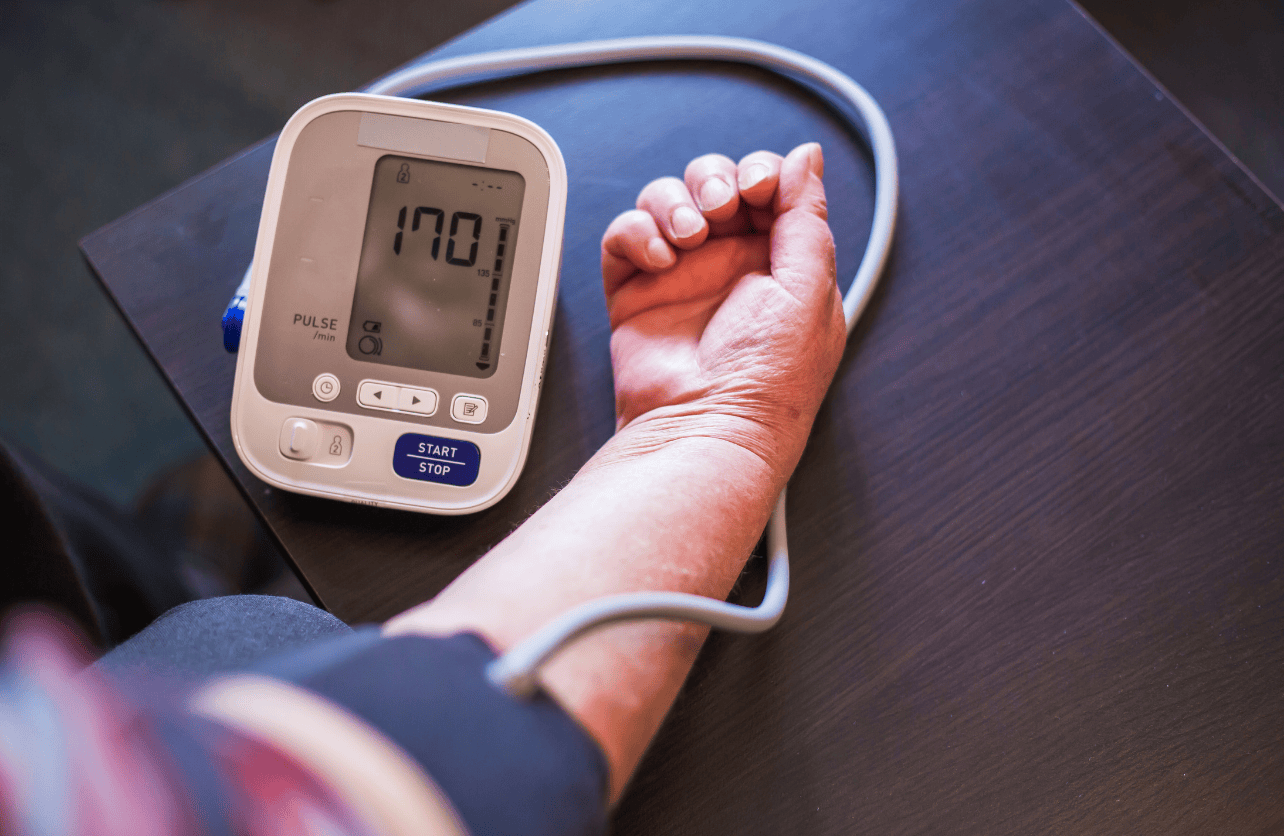Does Creatine Raise Blood Pressure? What the Research Actually Shows

Creatine has long held a strong reputation as a go-to supplement for building strength, enhancing performance, and supporting lean muscle growth. Its benefits are well-documented across countless studies, especially for athletes and resistance trainees. But as with any supplement, people want to know: is it safe long-term? One question that comes up often—particularly for those with cardiovascular concerns—is whether creatine can raise blood pressure.
The answer is more nuanced than a simple yes or no. Most research shows that creatine has no major impact on blood pressure in healthy individuals. However, there are a few outliers and theoretical concerns that deserve attention, especially if you already have hypertension or are at risk. Let’s break it down.
Most Studies Show No Impact on Blood Pressure
The majority of clinical studies evaluating creatine have not found any meaningful increase in blood pressure among participants. One short-term trial had subjects take 20 grams of creatine per day for five days, and blood pressure remained stable throughout the protocol. This finding has been echoed in several other studies involving both athletic and non-athletic populations using creatine at standard dosages.
In other words, for healthy individuals, creatine does not appear to elevate blood pressure when taken as directed.
Some Research Suggests It Might Even Lower It
Interestingly, a few newer studies have suggested that creatine might have a mild blood pressure–lowering effect in certain populations. One study on men found that creatine supplementation reduced systolic blood pressure, pulse pressure, and even arterial stiffness—a promising finding, especially since arterial stiffness is a known risk factor for cardiovascular disease.
These effects are not fully understood yet, but they may be related to how creatine improves cellular hydration and supports endothelial function. However, more research is needed to confirm whether this trend holds across diverse age groups, health conditions, or long-term use.
The Conflicting Data: Association vs. Causation
On the flip side, a 2022 study published in the Journal of Hypertension reported an association between elevated plasma creatine levels and a higher risk of developing hypertension—at least in men. But here’s the catch: the study measured endogenous creatine levels (the amount naturally circulating in the bloodstream), not from supplementation. And importantly, correlation doesn’t mean causation.
This doesn’t mean creatine supplementation causes high blood pressure—but it does highlight a need to look more closely at individual variability, especially for people already predisposed to hypertension.
Who Should Be Cautious?
If you’re healthy, active, and using creatine at standard doses (typically 3–5 grams per day), the current evidence suggests you’re not at risk for a blood pressure spike. However, people who fall into certain categories should proceed with more awareness:
Individuals with existing high blood pressure
People on medication for cardiovascular conditions
Those with kidney issues (which can affect blood pressure regulation)
Older adults or those with a family history of hypertension
If any of the above apply to you, it’s a good idea to check with your doctor before adding creatine to your supplement stack. They may recommend monitoring your blood pressure more frequently during the first few weeks of use.
Should You Monitor Your Blood Pressure While Taking Creatine?
It’s not mandatory for everyone, but if you have any reason to be cautious—or if you’re simply the type who likes data—tracking your blood pressure can be a smart move. Keep an eye on it before you start, and then again after a week or two of consistent creatine use. This is especially helpful if you’re starting with a loading phase or stacking creatine with other supplements that may impact cardiovascular function.
Final Thoughts: Is Creatine Safe for Blood Pressure?
For most people, creatine doesn’t raise blood pressure. If anything, it may slightly reduce it in certain groups. The key is context—your baseline health, your dosage, and your overall lifestyle.
As with any supplement, creatine isn’t one-size-fits-all. It’s best paired with healthy habits, consistent exercise, and regular check-ins with your doctor—especially if you have preexisting health concerns.
So, if you’re worried that creatine might be risky for your blood pressure, the data suggests you’re probably in the clear. But when in doubt, monitoring and medical guidance can help you use it wisely and safely.
Building a Stronger You
Supplement Institute is the fruit of extensive online publishing experience, spanning the breadth of SEO strategies to the nuances of paid advertisements. Our journey, marked by significant achievements and learning moments, inspires our core mission: to empower our readers with an abundance of information. By sharing insights and key learnings, we aim to provide you with the knowledge needed to navigate the complex world of supplements, helping you make well-informed decisions for your health and well-being. Welcome to Supplement Institute, where information is your greatest supplement.